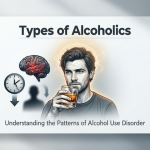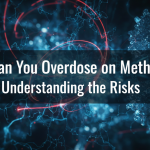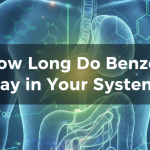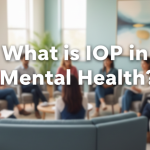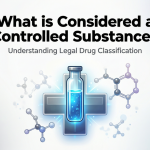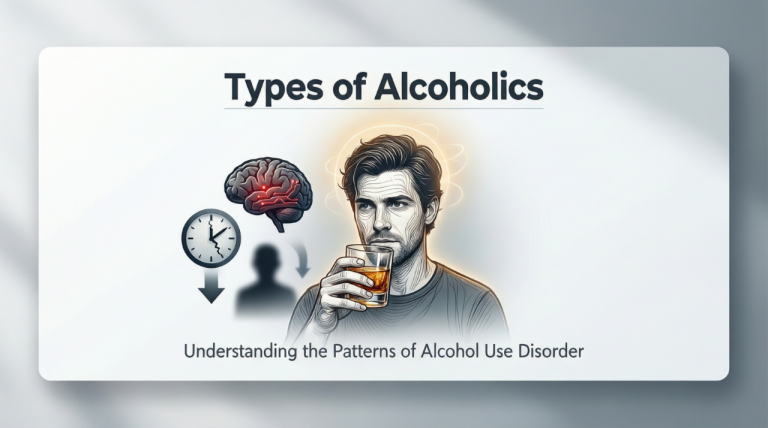Addiction is a chronic disorder that involves an individual’s progressive loss of control of substance use. It is important to have an understanding of the various stages of addiction so that one can be able to identify signs of developing stages and be in a position to call for an early intervention. It is also important to make people understand that addiction does not happen overnight; it is a process that has a beginning and can, moreover, have a deadly end. This blog will take you through all the stages of addiction so that you will understand the process of transition to dependence and chronic addiction.
Stage 1: Experimentation
Experimentation is the first step to addiction, whereby a person uses a substance to satisfy curiosity or because of influence from friends and peers. This stage is usually driven by a desire to experience something new. The person lacks awareness of the possible consequences and may see it as just some form of a test.
It is in this stage where individuals consume substances like alcohol at a party, take a toke of a cigarette, or experiment by taking a certain drug one time. At this stage, substance abuse is still random and rarely impacts the day-to-day functioning of the individual. However, one must understand, that not all of those who try will fall into addiction. A substance could be used only once and the user will never turn to it again.
However, for some people, the feeling that the first time or the first few occasions they engage in the substance may be enough to make them use it more. The frequency and reasons for using the substance may increase, leading to the next stages of addiction.
Stage 2: Regular Use
When the substance is taken during experiments, it has less impact on the individual’s life than when the substance is taken routinely. What was perhaps a once-in-a-while practice may now culminate into a routine. This stage is defined by patterns of use that may be moderate but can include occasional use of the substance on the weekends during stressful situations or as a coping mechanism.
That way, usage can still look reasonable and within the control of the individual and those close to him. They might not exhibit the stereotypical signs of addiction, leading them to believe that they do not have a problem. However, constant use of a particular substance often leads to dependence and a willingness to go to any length to get it.
The signs also include the development of a pattern, such as how a person may adjust their schedule to be able to use the substance. For instance, a person starts to consume alcohol every night as a way of relieving stress obtained from work or use drugs to evade stress. This can be a very dangerous stage because although the person is still capable of going to work and carrying on with life and relationships, there might already be an impact on the brain.
However, the transition from habitual to risky use of substance abuse can occur suddenly and it’s at this point that the consequences of substance use start to become apparent.
Stage 3: Risky Use
Risky use is where the effects of substance use are revealed, and the person begins to perform activities that are hazardous to him or the surrounding society. Here the use of substances is no longer part of the normal schedule or habit, —it’s now affecting various aspects of the person’s life, including their health, relationships, and responsibilities.
These risks include driving under the influence, neglecting work or school, and using substances in hazardous situations. There could be deterioration in the physical health of the individual, such as hangovers, blackouts, or even early signs of organ damage. They may also develop signs of reckless behavior, for instance, failure to complete duties at the workplace, neglecting family responsibilities, or even failure to groom themselves.
Other effects of this stage include difficulty in maintaining social relationships. Others may develop symptoms such as changes in their behavior, mood swings, or reduced performance at work or school. The person may become more secretive, isolated, or defensive about their substance use.
Despite these negative consequences, the person continues to use the substance, often justifying their behavior or downplaying the severity of the situation.
Stage 4: Dependence
In the process of addiction, dependence can be regarded as a critical stage. In this stage, the body and the brain become dependent on the substance. The individuals start to feel that they cannot live without the substance and show withdrawal symptoms.
In physical dependence, the body becomes reliant on the substance and shows withdrawal signs when the substance is not present. This sometimes results in increased tolerance, whereby the person has to take higher doses to feel the same effect. When the substance is not available, withdrawal symptoms are experienced, such as vomiting, shaking, anxiety, irritability, and other severe symptoms depending on the substance.
Psychological dependency, in contrast, is much more of the mental and emotional side of substance dependency. The person starts to get obsessed with the substance and finds themselves constantly thinking about when and how they will be able to use the substance again. The substance may then become the person’s main way of dealing with stress, anxiety, depression, or any type of difficulty that they may be facing.
At this stage, substance use is not about leisure or social purposes of deriving pleasure but solely because the drinker cannot sober up without the booze. They might attempt to stop or reduce the consumption, but due to the physical and psychological dependence, this is very much a challenge. This dependence normally culminates in addiction, where the affected person is unable to quit using the substance even if he or she wants to.
Stage 5: Addiction
Addiction is the final stage of this process, where the individual is fully dependent on the substance and uses it compulsively, despite the harm it causes. These include the craving to take the substance, and being unable to control its usage even when it causes harm.

At this stage, the substance becomes a predominant part of the affected individual’s life. Their daily activities, relationships, and priorities revolve around obtaining and using the substance. The individual may spend a considerable amount of effort in getting the substance and doing things that they would never have done before getting addicted.
It also has a significant impact on the brain as well. Thus, the substance alters the way the brain of the addict functions: the brain’s reward system becomes ‘captured’ by the substance. These changes make it very hard to quit, as the brain’s chemistry is altered to prioritize the substance above all else.
Addiction is a chronic condition that requires ongoing addiction treatment and support, as the risk of relapse is high. Awareness of addiction stages will enable people to identify the early warning signs of addiction and seek help before it is too late.

If you feel that your substance use or that of a loved one is problematic, do not wait until it gets out of hand. Contact Orlando Treatment Solutions today at (321) 415-3213 to learn more about our addiction treatment services. Take the first step toward a healthier, addiction-free life.







